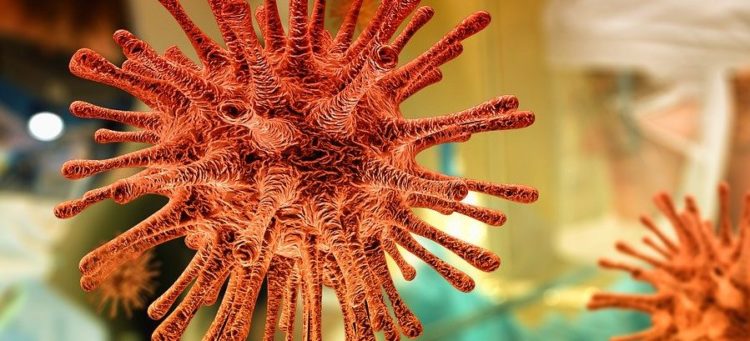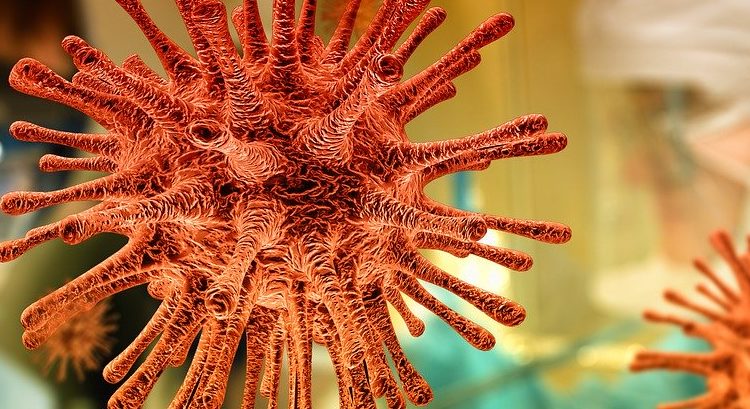Liverpool is to be the location of a £1m ‘Outbreak Lab’ that will allow real-time analysis of how COVID-19 affects the body and how we can best combat it. Tony McDonough reports

A £1m ‘Outbreak Lab’ is being established in Liverpool to provide critical real-time information on the spread of the coronavirus.
Putting Liverpool at the forefront of the fight against the deadly disease, which has so far claimed 335 lives across the UK, the lab is part of a £5m cash injection from the Medical Research Council secured by the University of Liverpool, University of Edinburgh and Imperial College London.
The aim of the project is to rapidly increase our understanding of COVID-19 and its impact on the body. The team at the Outbreak Lab in Liverpool will be led by Calum Semple Professor of Outbreak Medicine the University of Liverpool and chief Investigator of the Clinical Characterisation Protocol UK (CCP-UK).
He said: “The Outbreak Lab is a unique UK national resource enabling collection, distribution and analysis of thousands of specimens at high containment levels to ensure public safety.”
Professor Semple, who is supported by the Liverpool-based NIHR Health Protection Research Unit in Emerging and Zoonotic Infections, has assembled a team of specially trained scientists and technicians who can support this research in the Liverpool’s high-level Biological Safety Laboratories.
They will collect samples and data from 1,300 COVID-19 patients in the UK. The results will provide real-time information about the virus and disease which should help to control the outbreak and improve treatment for patients.
Professor Semple is working in partnership with Consortium Lead Investigator and Grant Awardee Dr Kenneth Baillie of University of Edinburgh and Professor Peter Openshaw from Imperial College London.
The researchers will discover who in the population is at highest risk of severe illness, what the coronavirus does, what is different between people who have mild and severe disease and why the immune system appears to help some people but harms others.
They will also monitor the effects of trial drugs used in patients and establish how long people are infectious. The team includes co-investigators from Public Health England and six UK universities. They are an important part of the International Severe Acute Respiratory Infection Consortium (ISARIC) that exists to do research in outbreaks.
Professor Semple added: “This coronavirus pandemic is the greatest pathogenic threat to humanity for over 100 years. Not since 1918 have we seen such an impact on global society, but there is hope because for the first time, the world’s scientific community is cooperating to combat this disease.”

